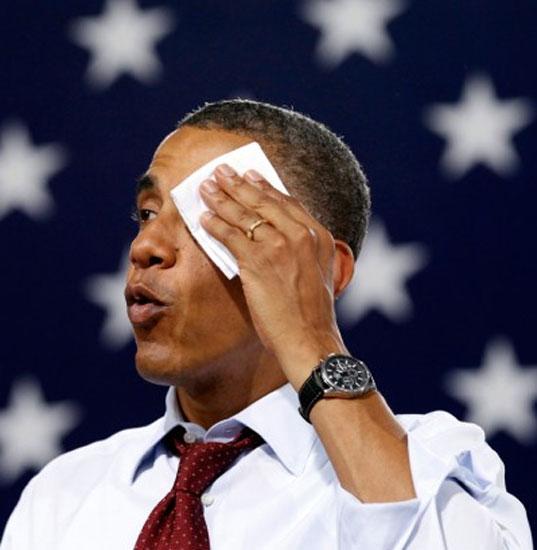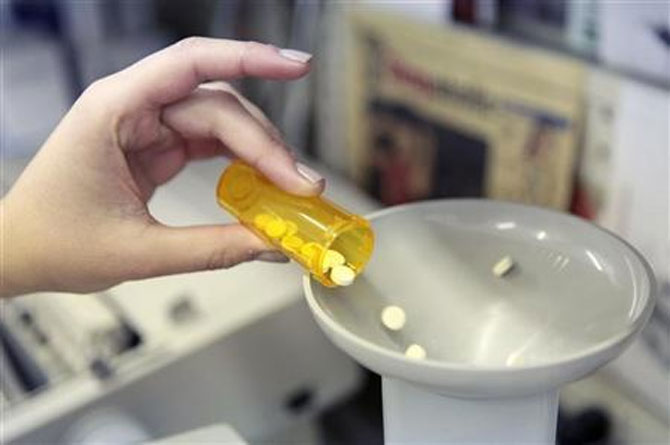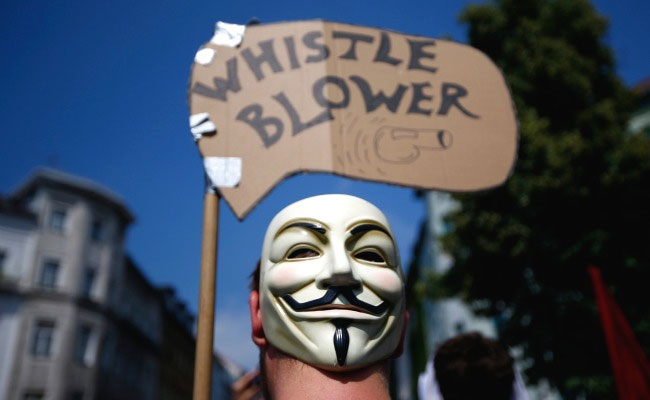 | « Back to article | Print this article |
US seeks 'talk and trade' to rebuild India ties
The United States sought on Thursday to rebuild rocky ties with India, while stressing it would tackle differences "head on" in pursuit of its drive to quintuple bilateral trade in a decade.
Rows over drug patents, solar panels and software piracy have blighted relations of late, amid heated exchanges over the arrest and strip search in New York last December of an Indian diplomat who was suspected of visa fraud.
That spat forced a trip to India by Assistant Secretary of State Nisha Biswal, Washington's point person for South Asia, to be rescheduled. Visiting New Delhi after a two-month delay, she focused on finding ways to agree.
"Like any trading partners, we do have our differences, but the willingness to talk about them indicates that we are indeed confident, mature partners," Biswal said in a speech to an invited audience.
Click on NEXT for more...
US seeks 'talk and trade' to rebuild India ties
President Barack Obama wants to bring about a strategic "rebalancing" towards Asia and expand trade with the region of more than 4 billion people that Washington believes could account for half of global economic output by 2050.
Vice President Joseph Biden, on a visit to India last year, called for bilateral trade to grow fivefold over the next 10 years to half a trillion dollars. That is roughly the size of last year's US trade deficit.
Relations have remained fraught, however, with India's trade minister accusing Washington of "very high and unacceptable protectionism" on the day that Biswal arrived in the country.
The ruling Congress party government does not want to be seen as bowing to US pressure on trade ahead of a general election that starts on April 7 and that, according to opinion polls, it is likely to lose.
Click on NEXT for more...
US seeks 'talk and trade' to rebuild India ties
Drug drama
Biswal, in her speech, said that India's use of domestic content requirements was hitting inward investment, inhibiting innovation and holding the country back.
The issues of tax transparency, regulatory approvals for projects, contract enforcement and the protection of intellectual property needed to be tackled.
"We are addressing these concerns head on, as good partners do," she said. "The solution here is to talk and to trade."
India worries that strong enforcement of patent protection on proprietary medicines will deprive its 1.2 billion people, many of them poor, from access to life-saving treatment.
US drug companies, meanwhile, are concerned that generic drug makers operating under licence in India are producing for the home market but also undercutting them with cheap exports whose quality has been called into question.
Click on NEXT for more...
US seeks 'talk and trade' to rebuild India ties
The Indian government was forced on Thursday to issue a rebuttal of what it called "factually incorrect and largely unsubstantiated reports" in the Indian and foreign media that cast into question the quality of its drugs regulator.
The Economic Times, an Indian daily, further highlighted differences by reporting that the government wanted the United States to review a whistleblower policy that, it believes, creates an incentive for drug company managers to denounce employers.
No comment was immediately available from the government on the report.
Last year, Ranbaxy pleaded guilty to US felony charges of shoddy manufacturing practices and data falsification and agreed to pay $500 million in civil and criminal fines, after a former Ranbaxy executive blew the whistle on the company.
The former executive, Dinesh Thakur, received $48.6 million as the whistleblower in the case.
"There is probably a lot of speculation that doesn't help the situation," Biswal said in answer to a question on differences over regulation of the drugs sector.

© Copyright 2025 Reuters Limited. All rights reserved. Republication or redistribution of Reuters content, including by framing or similar means, is expressly prohibited without the prior written consent of Reuters. Reuters shall not be liable for any errors or delays in the content, or for any actions taken in reliance thereon.



